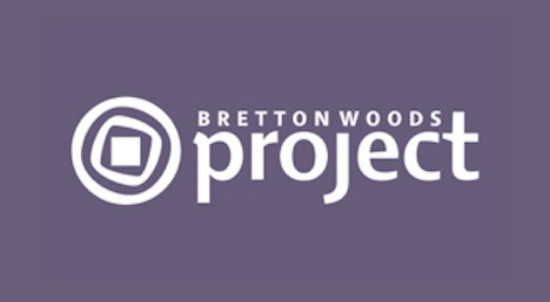IFC Sustainability Framework Review

In 2025, the International Finance Corporation (IFC), the private-sector arm of the World Bank Group, launched its first review of the Sustainability Framework in over a decade – due to conclude in 2028. The Sustainability Framework, which includes the IFC’s Performance Standards (i.e. its environmental and social standards), due diligence practices, client responsibilities and grievance mechanisms, exerts influence far beyond the institution, as its standards currently underpin the Equator Principles used by over 130 global financial institutions to guide trillions of dollars in private lending and investment.
The review is unfolding in a context of declining official development assistance (ODA), with the Bank increasingly turning to mobilising private investment in an attempt to fill development financing gaps, while the IFC is under growing scrutiny for documented harms of its investments. A 2025 investigation by Bloomberg revealed that IFC-funded private hospitals were allegedly responsible for serious human rights violations, including the detention of patients until they could pay their bills. International civil society organisation (CSO) Recourse found in a 2023 report that an IFC-backed financial intermediary continued to channel money into coal projects, despite IFC’s and the World Bank Group’s climate commitments. In Uganda, the Initiative for Social and Economic Rights (ISER) has shown that IFC’s support for private healthcare has exacerbated inequities, undermining health access for poor and vulnerable populations, thus constraining the capacity of states to meet their international human rights obligations. In education, IFC’s controversial investment in Bridge International Academies drew CSO criticism over high fees, poor quality and human rights violations, resulting in a damning Compliance Advisor Ombudsman investigation, after which the IFC divested and promised remedy.
These cases underscore how noncompliance in IFC’s safeguards can directly harm communities and negatively impact the delivery of broader essential services which are at the core of state human rights obligations and essential for the stability of the social contract.
Read the full article here.

